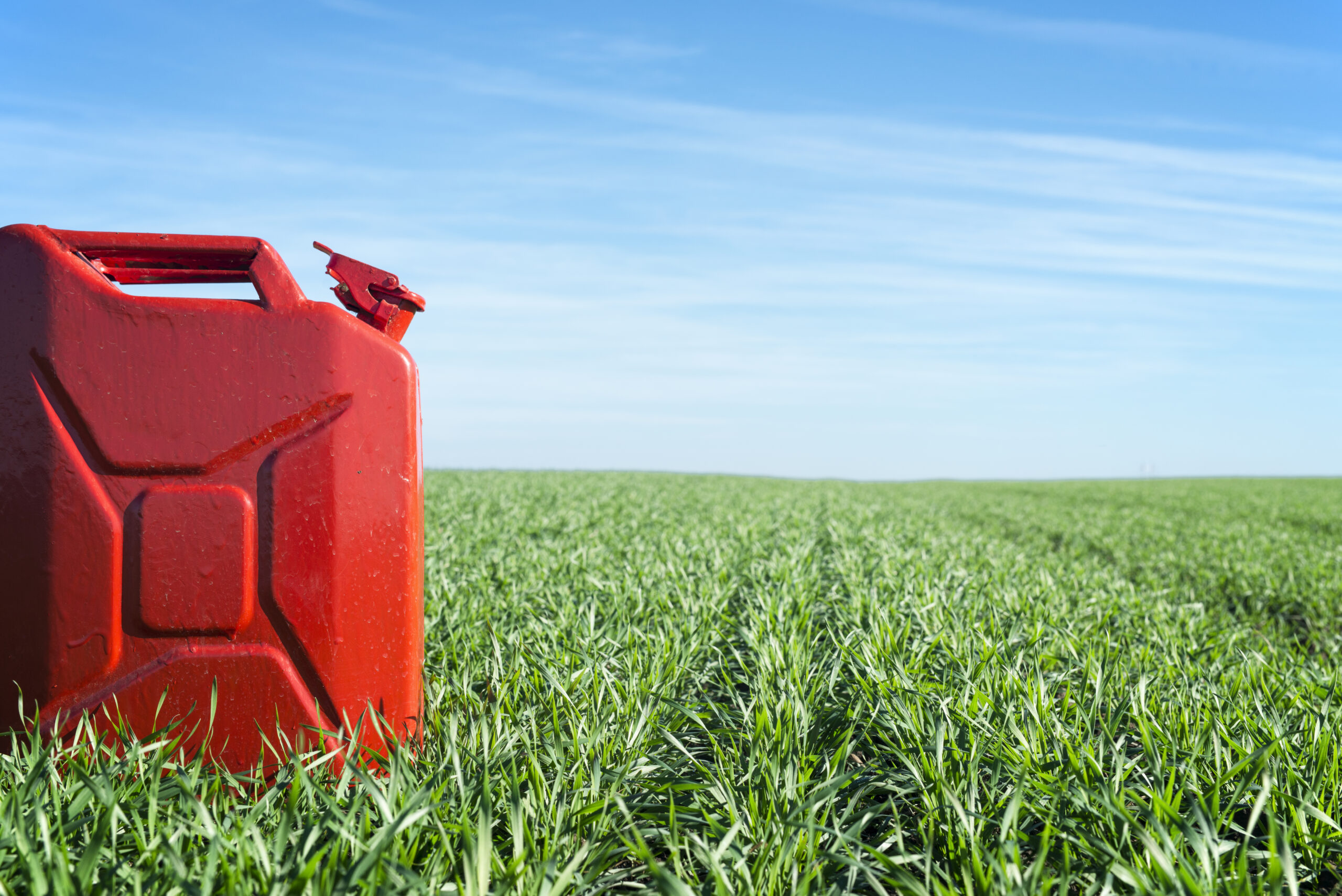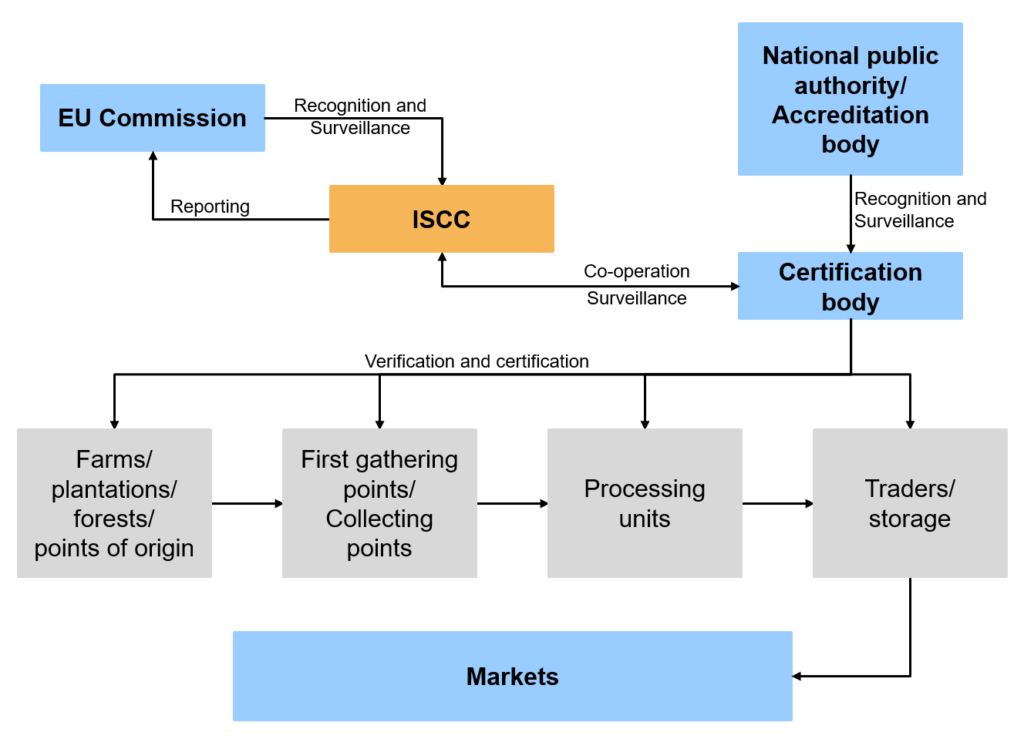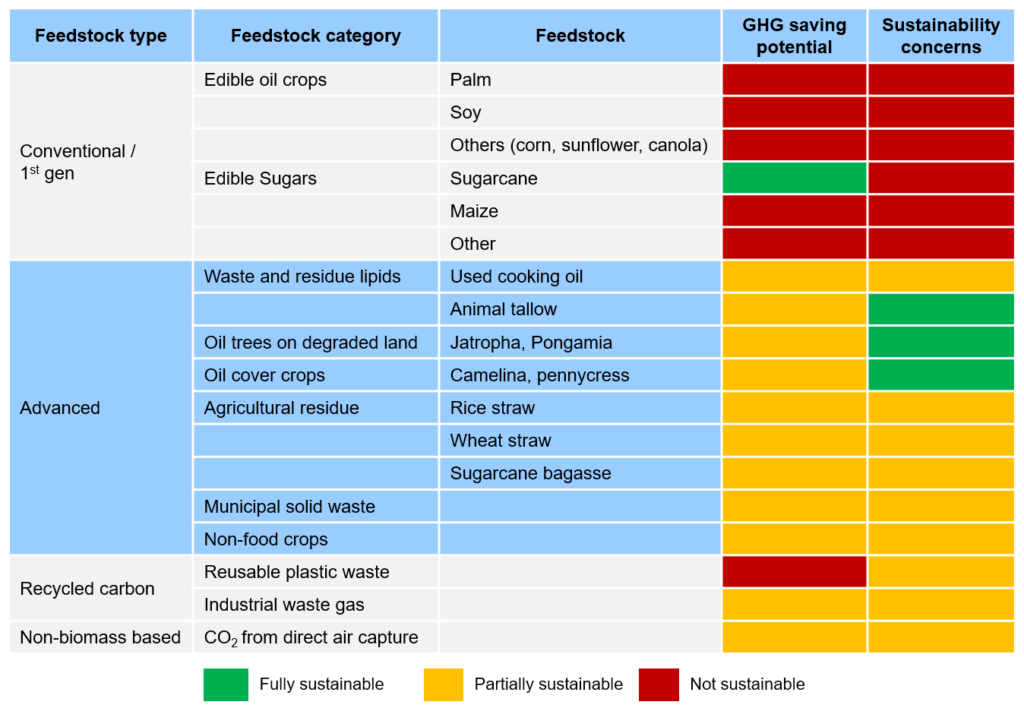
The Germany-based International Sustainability and Carbon Certification (ISCC) recently revoked the certification based on audit documents for two Chinese companies indicate that some of their raw materials are sourced from Indonesia and Malaysia include palm oil. The suspension was implemented as part of ISCC’s verification process for fuel sustainability due to inaccuracy of records, lack of traceability of sustainable materials, and mislabeling of raw materials.
ISCC is a certification system that promotes sustainability across various feedstocks and markets helping operators attribute sustainable inputs to their products in a clear, flexible way. It has multiple certification schemes for several applications including circular and bio-based materials such as plastics, food ingredients, animal feed, chemicals, bioenergy, and biomass are utilized.
When talking about biomass, this globally recognized certification covers the sustainability and traceability criteria for agricultural and forestry raw materials such as crops and wood used in biofuel production. Individual consumer or ISCC system users can utilize its website to verify whether a company or supplier possesses a valid certificate and is qualified to make sustainability claims. Exhibit 1 presents an overview of key components within the ISCC (EU) system.

ISCC provides three distinct chain of custody approaches that enable the tracing of materials back to their source, all of which are suitable for making compelling claims to consumers based on their requirements. First is the mass balance approach where certified and non-certified materials are mixed during the manufacturing process in the supply chain and separated in bookkeeping. The final product consists of mixed input material. Second, the controlled blending approach, where certified and non-certified materials are managed separately in the supply chain but mixed in the final manufacturing step. The final product consists of mixed raw materials. Finally, the physical segregation approach has certified and non-certified materials treated separately in the supply chain as well as in all manufacturing steps. The final product only consists of certified material. ISCC maintains a list of materials categorized as either certified or non-certified within their certification framework.
ISCC also provides certification based on feedstock type and their concerns on sustainability. This ensures that the use of various feedstocks meet sustainability criteria. Exhibit 2 shows biomass feedstock categories for bioenergy production and corresponding concerns on sustainability.

As ISCC is recognized by several international commissions, accreditation bodies, food and beverage companies and industries, there are several benefits for companies to get ISCC PLUS certified. One of the key advantages is that it validates and affirms the company’s commitment to minimizing environmental, social, and governance (ESG) effects and encompassing labor and land-use impacts. Companies can thus enhance their brand exposure across the global supply chain, positioning themselves as frontrunners in sustainability and responsible environmental practices. Additionally, it enhances market opportunities globally, as more international markets acknowledge ISCC PLUS as the preferred standard for sustainability certifications in various industries.
ADI Analytics is a prestigious, boutique consulting firm specializing in oil & gas, energy transition, and chemicals since 2009. We bring deep, first-rate expertise in a broad range of markets including biofuels and biomass feedstocks sustainability, where we support Fortune 500, mid-sized and early-stage companies, and investors with consulting services, research reports, and data and analytics, with the goal of delivering actionable outcomes to help our clients achieve tangible results.
We also host the ADI Forum, one of Houston’s distinguished industry conferences, to bring c-suite executives from oil & gas, energy transition, and chemicals together for meaningful dialogue and strategic insights across the value chains.
Subscribe to our newsletter or contact us to learn more.
-Bhautik Gajera



















